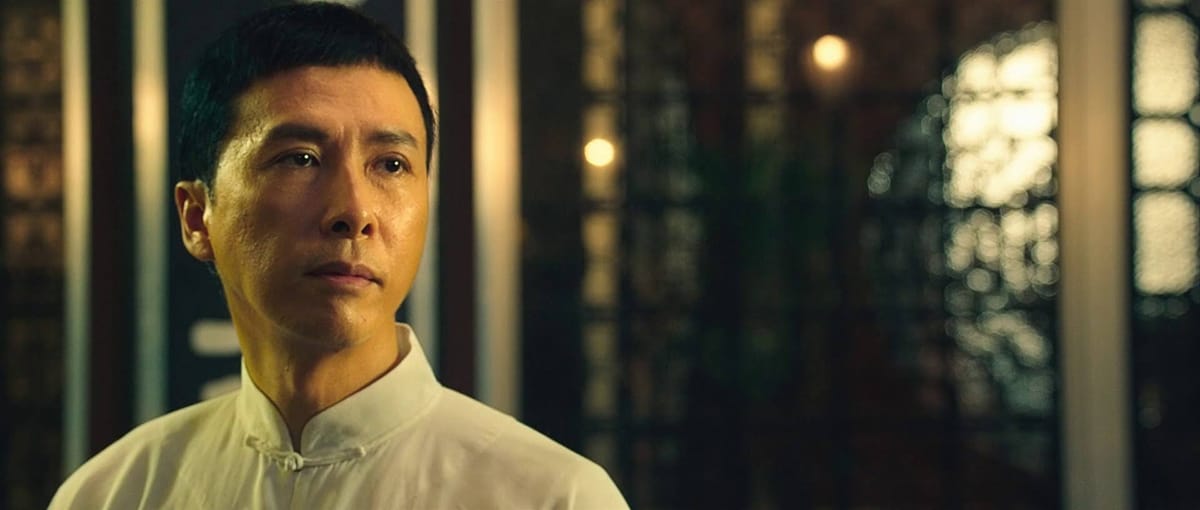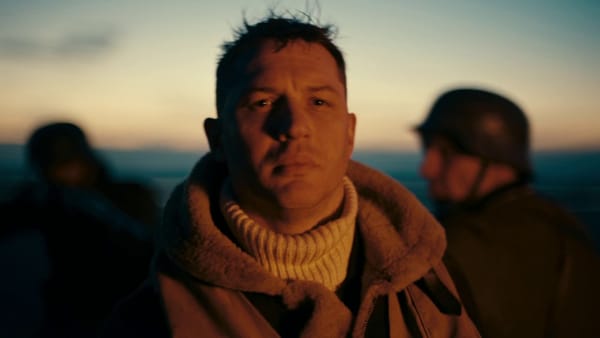The fights that don't need words.

IP MAN 3 is the quietest of the trilogy and, in many ways, the most reflective. Where the first film was about survival and the second about identity, this third chapter is about legacy — what a master leaves behind when violence is no longer the only language the world demands. Wilson Yip narrows the lens again, pulling Ip Man out of grand politics and placing him back into the everyday streets of Hong Kong, where the threats are less spectacular but more personal: gang extortion, a crumbling school system, and a family strained by illness.
Donnie Yen plays Ip Man with a tenderness that feels earned. His martial arts remain sharp, devastating even, but there is a new softness in the spaces between. This is a man shaped by years of loss and migration, now confronted with the most ordinary enemy of all — time. The subplot involving his wife Cheung Wing-sing is the film’s emotional anchor. It’s not melodramatic; it’s painfully human. Their scenes together remind you that even legendary fighters cannot block or parry grief.
The action, when it arrives, is deliberate rather than explosive. The elevator fight is the standout: narrow, suffocating, and built on instinct rather than choreography. It’s Ip Man as guardian, not warrior. The terrace fight with Zhang Jin’s Cheung Tin-chi is a duel between philosophies — ambition versus humility, spectacle versus discipline. Tin-chi becomes the trilogy’s most compelling antagonist because he mirrors what Ip Man could have been if he had allowed ego to define his practice. His Wing Chun is precise, vicious, hungry. It’s a cautionary reflection.
And then there’s Mike Tyson — a piece of casting that shouldn’t work but somehow does. He’s not a villain so much as a force of nature, a symbol of brute strength colliding with the precision of Wing Chun. Their brief fight isn’t foundational to the story, but it crystallizes the film’s theme: the difference between fighting to dominate and fighting to protect.
IP MAN 3 ultimately chooses intimacy over scale. It’s a film less interested in nationalism or colonial tension, and more invested in the quiet sacrifices behind every master you read about in history books. By the time the final blows land, the movie isn’t asking whether Ip Man can win — it asks what truly matters when the fighting stops. Wing Chun becomes not a weapon or a rebellion, but a legacy shared between teacher, student, and family. It’s the trilogy’s softest ending, and its most profound.




